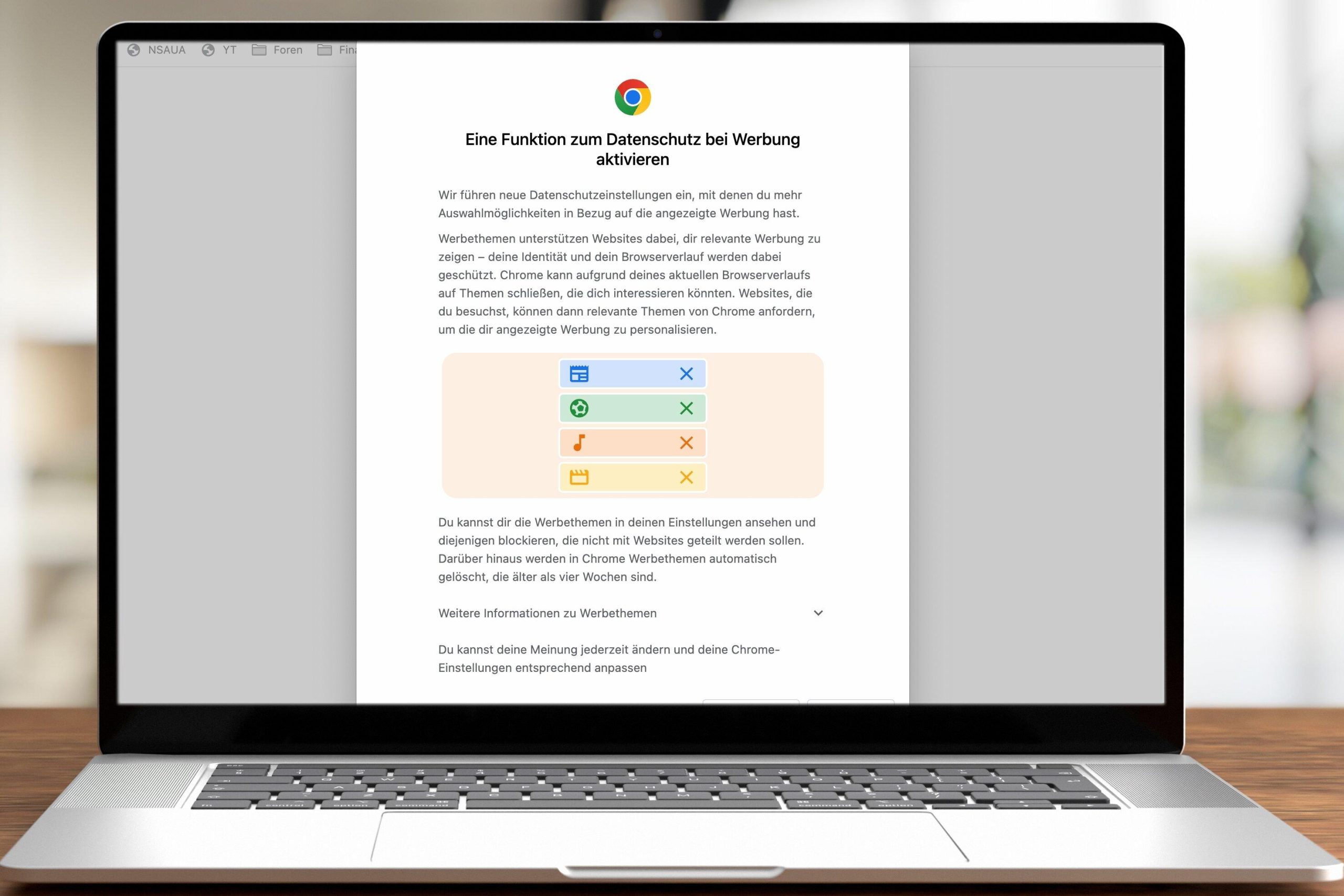
What should I do if Google Chrome says “This site can’t be reached”?
One of the widely used web browsers on the planet is Google Chrome. However, there are times when Google Chrome won’t load pages which can be frustrating for its users. This problem may occur due to different factors including internet connection issues or misconfiguration of browser settings. In this article, we will look at effective remedies to fix “Google Chrome not loading pages” and tips to improve your browsing experience.
Common Causes of Google Chrome Not Loading Pages
Understanding the common causes can help in effectively troubleshooting the issue. Here are some of the main culprits:
Internet Connection Issues: Slow or unstable networks can prevent Chrome from loading pages.
Browser Cache and Cookies: Accumulated cache and corrupted cookies may hinder website loading.
Extensions or Plugins: Some third-party extensions can interfere with browsing.
Outdated Browser: Using an outdated version of Chrome can result in compatibility issues.
Firewall or Antivirus Software: Overly restrictive security settings might block Chrome from connecting to the internet.
Essential Fixes for Google Chrome Not Loading Pages
1. Check Your Internet Connection
Ensure you have a reliable internet connection. Try opening other web pages or use a different device to verify if the problem originates from Chrome.
2. Clear Browsing Data
Deleting your browser cache and cookies may fix many issues concerning loading:
Open Chrome and press on three dots at the top right corner.
Go to More Tools > Clear Browsing Data.
Choose Cookies and other site data, Cached images, and files.
Next, click on the button Clear data.
3. Disable Extensions
Disable extensions that might be incompatible with some websites if they cause problems:
Type chrome://extensions/ in the address bar then hit Enter.
Turn off every extension.
Restart Chrome, and check if the issue still exists.
4. Update Google Chrome
Please check that you are running on a newer version of Chrome:
Click on the three dots by going through the menu.
Hover Help and pick the About Google Chrome option.
Chrome will scan for updates automatically and install them if any are available.
5. Reset Chrome Settings
If none of these steps work, reset it; this is how to:
Tap on three dots then go to Settings.
Scroll down and choose Advanced.
Below Reset and Clean up, select Restore settings to their original defaults.
Confirm your action.
6. Disable Firewall or Antivirus Temporarily
Sometimes security software may stop Chrome from accessing the web. Turn off your firewall or antivirus momentarily so that you can find out whether this is causing trouble or not. Don’t forget to turn it back on afterward for your own safety’s sake!
Benefits of Resolving Chrome Loading Issues
For instance, several benefits arise from fixing the problem of Google Chrome not loading pages:
Enhanced Productivity: There is better task management and completion through efficient browsing.
Better User Experience: The user enjoys a great online experience if the browser runs smoothly.
More Safety: Maintaining an up-to-date and properly functioning browser goes a long way in minimizing exposure to threats on the web received via using old versions or poorly configured ones.
Some recommendations for preventing such issues in the future
To prevent this from happening again, try implementing these practices:
Keep updating Google Chrome including its extensions frequently.
Periodically clear cache as well as cookies.
Use security software packages that do not block necessary services.
Don’t install unnecessary add-ons.
Check your internet connection strength.
Case Study: John’s Experience With Chrome Not Loading Pages
During an important work hour, John, a digital marketer, encountered a problem where his Google Chrome browser couldn’t load any page. But even after he checked his internet connection and cleared his cache it still showed him the same issue. At the same time, John repaired it by turning off unwanted extensions as well as updating his browser and saw a huge change in Chrome performance. This story highlights how important it is to optimize your browser(s) in Google Lens.
In conclusion
Google Chrome not loading pages can be annoying; however, by following certain troubleshooting steps it can be rectified in no time. By going through these fixes provided in this guidebook users could make their web surfing much easier and more effective. Remember that keeping your browsers in good condition contributes to a better online world. In case you continue experiencing difficulties; then please consider contacting customer support or further enquiring about your ISP quality of service (QOS) network connection.



Leave a Reply